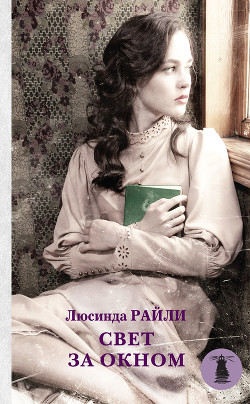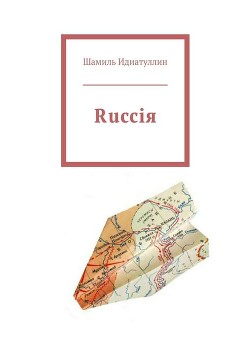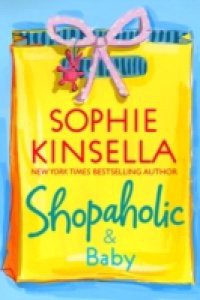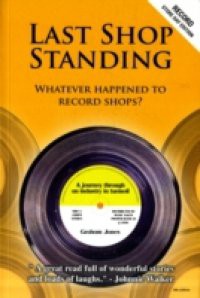In her immensely readable and richly documented book, Christine Bayles Kortsch asks us to shift our understanding of late Victorian literary culture by examining its inextricable relationship with the material culture of dress and sewing. Even as the Education Acts of 1870, 1880, and 1891 extended the privilege of print literacy to greater numbers of the populace, stitching samplers continued to be a way of acculturating girls in both print literacy and what Kortsch terms "dress culture." Kortsch explores nineteenth-century women's education, sewing and needlework, mainstream fashion, alternative dress movements, working-class labor in the textile industry, and forms of social activism, showing how dual literacy in dress and print cultures linked women writers with their readers.Focusing on Victorian novels written between 1870 and 1900, Kortsch examines fiction by writers such as Olive Schreiner, Ella Hepworth Dixon, Margaret Oliphant, Sarah Grand, and Gertrude Dix, with attention to influential predecessors like Elizabeth Gaskell, Charlotte Bront, and George Eliot. Periodicals, with their juxtaposition of journalism, fiction, and articles on dress and sewing are particularly fertile sites for exploring the close linkages between print and dress cultures. Informed by her examinations of costume collections in British and American museums, Kortsch's book broadens our view of New Woman fiction and its relationship both to dress culture and to contemporary women's fiction.
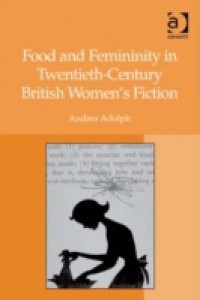

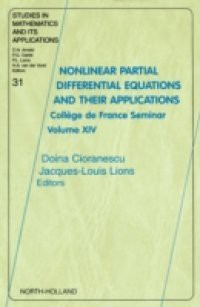
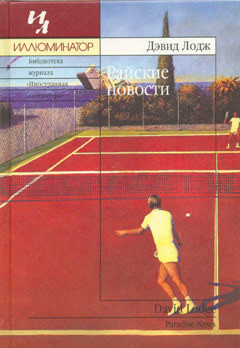
 8 (1)
8 (1) 